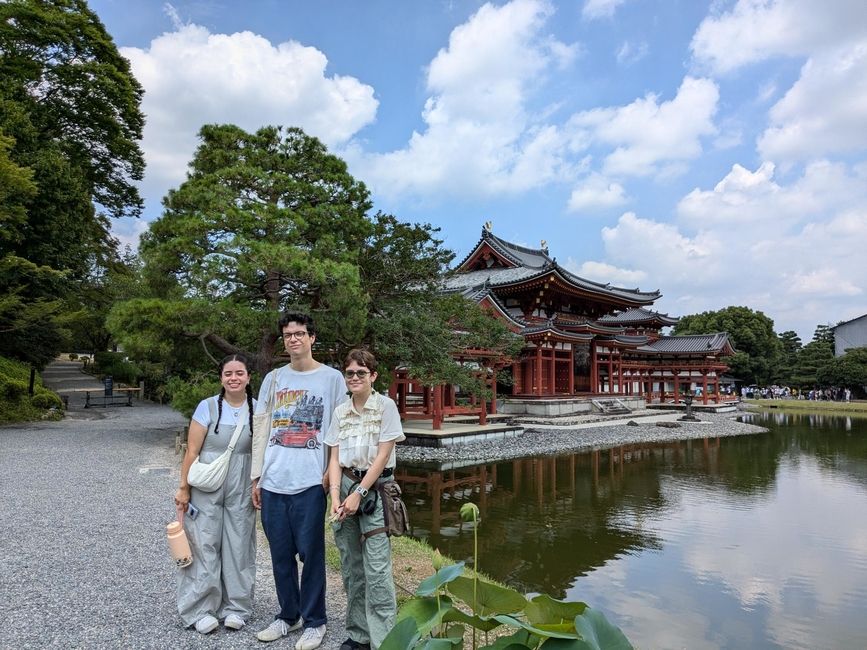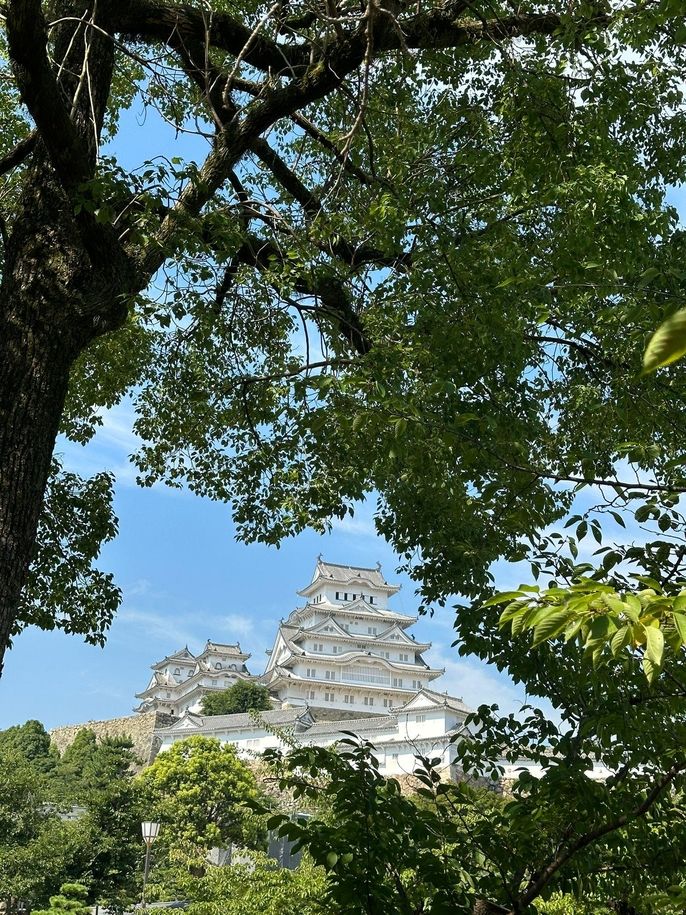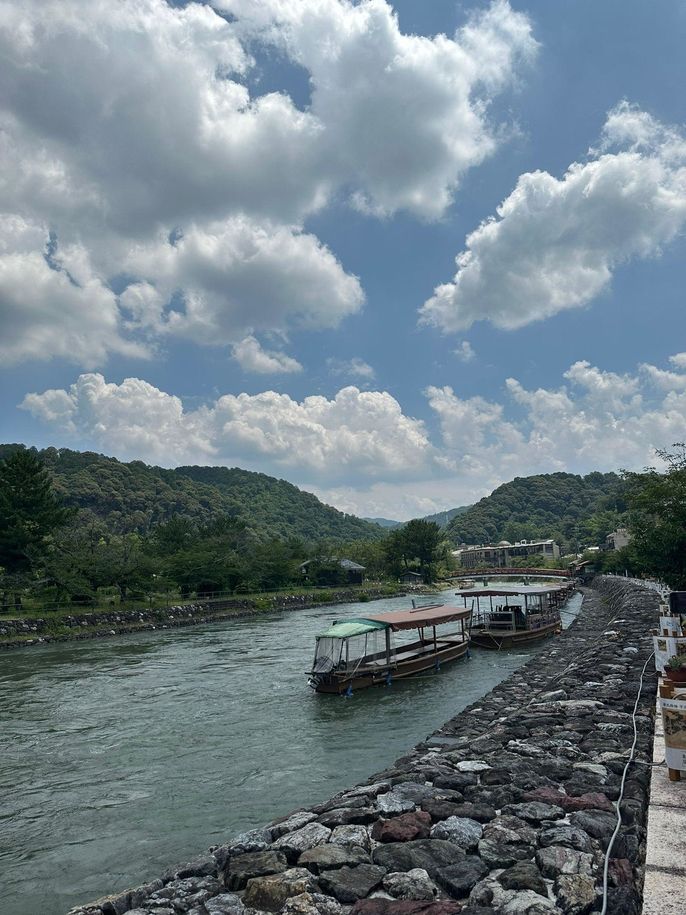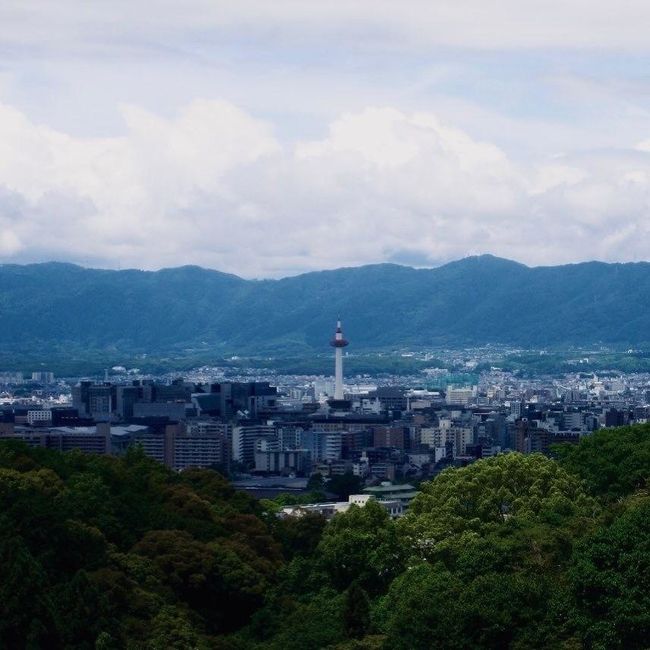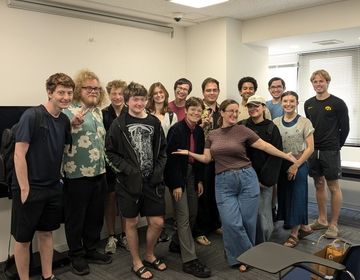CIEE Kyoto: Cultivating Significant Experiences for those Studying Abroad
Authored by J.M. Avila
University students well along their academic journey may think to themselves: what exactly is the point of studying abroad? By the third or fourth year of college, students have perfectly cultivated routines– their routes to school, their study methods, and their relative timeline toward completion of their degrees. Thus, the idea of detaching themselves from their own realms of expertise seems frightening, or simply not worth the trouble.
I must admit that I was once a student with this mindset. In my time as a university student, I have always appreciated the routine that only ever diverged if a professor canceled class; this is neither a good nor bad mentality to have, of course. However, the aim of higher education is to push the boundaries of what young adults understand and experience. In this regard, I was limiting myself to lecture halls and the cafés where I would spend hours studying.
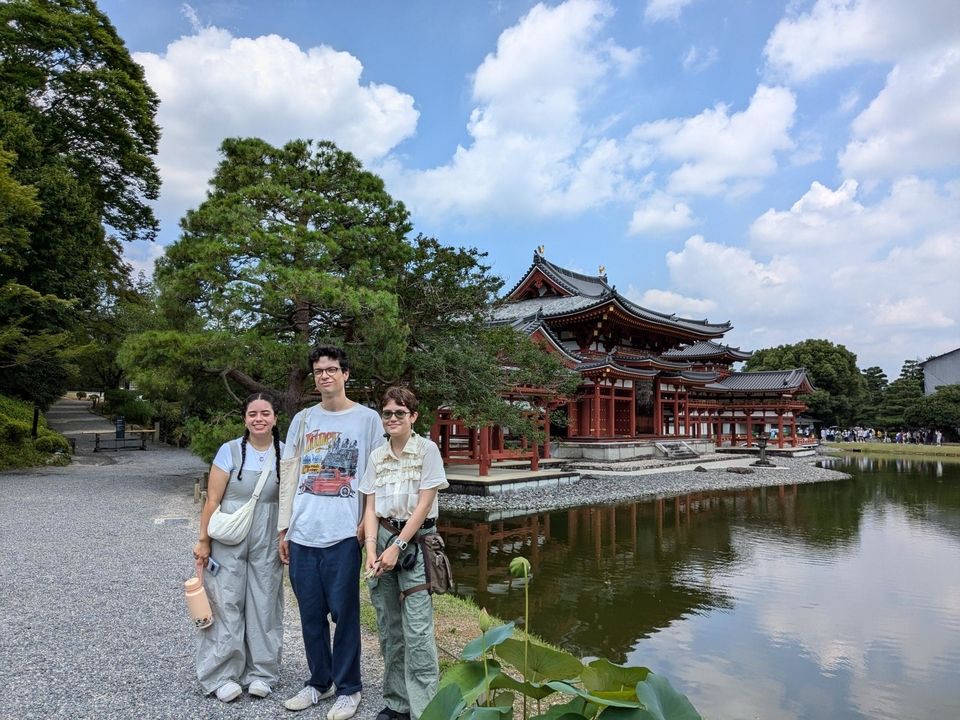
Before arriving at CIEE Kyoto, I had almost backed out several times out of sheer anxiety. With the strength of support from my friends and family, I was able to persevere and get on the plane (two, in fact). My worries were quickly dispelled by the well-designed structure that CIEE academics had. My hesitation surrounding what would fill my time became answered by compelling readings, insightful historical texts and pieces that allowed for rigorous conversations with my classmates that went far beyond the ‘where do you go to school?’ or ‘what kind of music do you listen to?' that I had assumed would dominate my social life.
Professor Salvador and Doctor Bailey became scholars whom I held in high regard–unlike many of my professors back home, they encouraged questions and discussions based on both lectures and readings. Further, both professors showed genuine intrigue into each of their students’ interests and goals; both sat down with me to provide valuable guidance and on my academic journey into history PhD programs that I will appreciate forever.
Not only were the academics enough to make any lover of history and culture comfortable and excited to learn, the co-curriculars designed to accompany our studies gave students opportunities I could have only dreamed of before arriving in Kyoto. Most impactful of these on a personal level were the visits to the Nanzenji, Sanjūsangen-dō, and Byodo-in temples. As a history major and aspiring professor, walking into structures I know to have been built hundreds of years ago gave me a feeling of being encompassed by the past and only strengthened my passion for my studies. Having a religion course in which we could openly discuss and learn about the values of worship and respect, as well as the theology of different Buddhist sects (as well as Shinto) was an invaluable aspect of CIEE academics that helped students view these ancient structures as sacred sites to cherish.
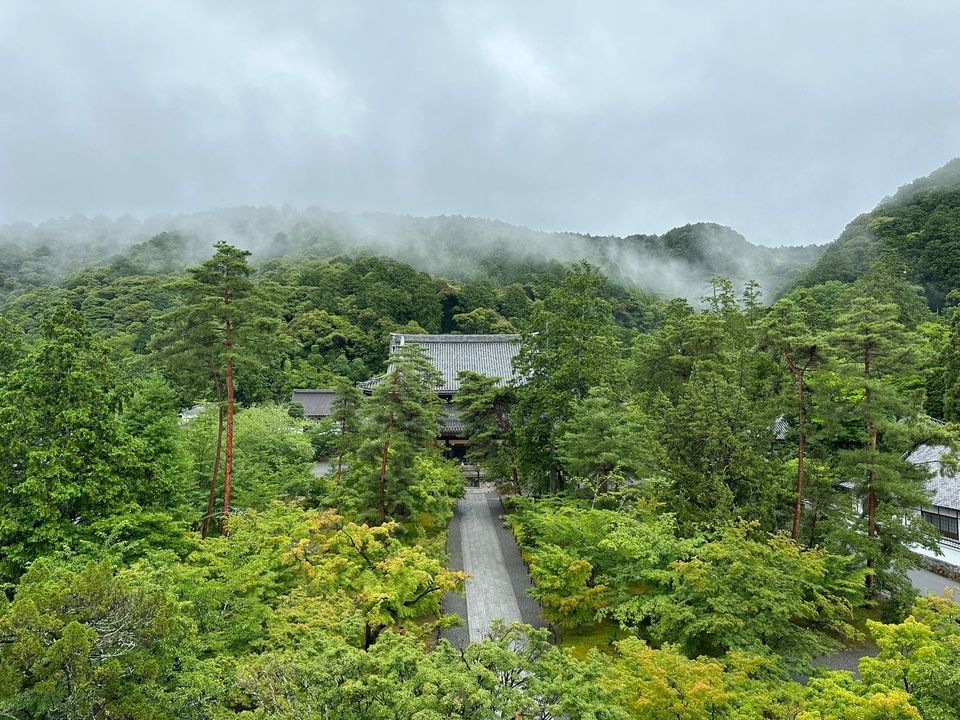
Studying abroad is immensely different from visiting a nation as a tourist. CIEE Kyoto only emphasized this by equipping their students with the knowledge necessary to critically think about their surroundings, the history and culture of Japan. As a history major, I admire CIEE Kyoto’s dedication to showing students a viewpoint of Japan that is far from two-dimensional. Whether it be the handpicked professors who are passionate about their research, compassionate staff who are always available to provide support, or the unique visits to a variety of local areas of importance, CIEE Kyoto diligently prepares an experience that makes even the most introverted students realize the immense value of studying abroad. No words can express the depth of my gratitude to the CIEE Kyoto staff that made such an important impact in my life and academic journey. Until we meet again!
Related Posts
Discovering an Experience: Kyoto with CIEE
Written by: Theodore Whitbeck Summer Block 2 Intro to an Unforgettable Summer Choosing to study abroad with CIEE Kyoto was one of the best decisions I've ever made. Leaving June... keep reading
Summery of July -Gion Festival-
Here in Kyoto, we had one of Japan’s most famous and traditional annual events Gion Festival (Gion Matsuri) It takes place in Kyoto, the former imperial capital of Japan, during... keep reading
